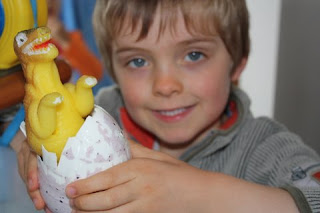[A] woman on a mothering website ... suggests that women put sex on the to-do list ... Hang on a moment. Isn't that suggesting that women just do it? That sometimes they have sex when they are not in the mood? The very suggestion runs into a massive ideological roadblock. Women's right to say "no" has been enshrined in our cultural history for nearly 50 years. It was one of the outstanding achievement of the women's movement to outlaw rape in marriage and teach women to resist unwanted advances. But it simply hasn't worked to have a couple's sex life hinge on the fragile, feeble female libido. The right to say "no" needs to give way to saying "yes" more often. ...
The case is best made by a letter I received ... "If sex is mutual, when both people want it, that's wonderful. If one partner wants sex and the other doesn't but offers it as a gift, that too is pretty darned good. But my first wife regularly refused, complaining about my unreasonable demands. Sometimes she begrudgingly complied, which made me feel like a thief, as if I had stolen something that was not rightfully mine. Sex was rarely mutual and never a gift. ...
"Rose, my second wife of seven years, has a demanding job as a manager. Nevertheless, she has never said 'no'. She has never used the headache defence, never been too tired. Always, she makes sex a gift if she is not in the mood herself. Often she find herself enjoying the moment. She does this because she cares about me, about my feelings and my needs. In my case, I'm sure you can guess the outcomes. If I notice Rose is run down and tired, seldom will I reach for her, other than to give her a cuddle. If she is not well, I look after her, tuck her into bed and either read or veg out in front of the TV ... I am far from the perfect husband, but I do love and care for her, not because I am a wonderful bloke, but because her so very obvious caring for me can lead to little else other than reciprocity."
Sam makes it sound simple. But it seems extraordinary that sex is treated so differently from all the other ways in which a loving couple cater to each other's needs and desires. We are willing to go out of our way to do other things to please each other - cooking his favourite meal, sitting through repeats of her beloved television show. Why, then, are we so ungenerous when it comes to "making love", the ultimate expression of that mutual caring?
You'll find the rest of the article, an excerpt from Bettina Arndt The Sex Diaries, in today's Good Weekend.




















































